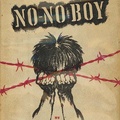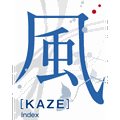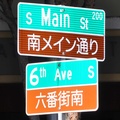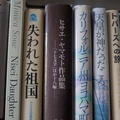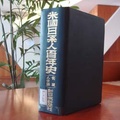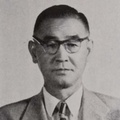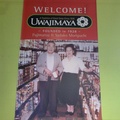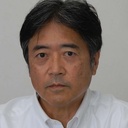
Ryusuke Kawai
@ryusukekawaiJournalist and non-fiction writer. Born in Kanagawa Prefecture. Graduated from the Faculty of Law at Keio University, he worked as a reporter for the Mainichi Shimbun before going independent. His books include "Yamato Colony: The Men Who Left Japan in Florida" (Shunpousha). He translated the monumental work of Japanese American literature, "No-No Boy" (Shunpousha). The English version of "Yamato Colony," won the 2021 Harry T. and Harriette V. Moore Award for the best book on ethnic groups or social issues from the Florida Historical Society.
(Updated November 2021)
Stories from This Author
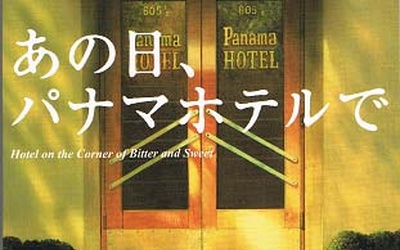
Episode 11: "That Day at the Panama Hotel"
July 28, 2017 • Ryusuke Kawai
Seattle has an old Japanese community. What was once Japantown is now called the International District, and is a city that is like a mix of Chinatown and a little bit of Japantown. The street signs are now written in Japanese and Chinese, in addition to English, and the city's intention to preserve the historical heritage of the entire area is apparent. As described in Kafu Nagai's "Amerika Monogatari," a town that was very much like Japan was formed by …
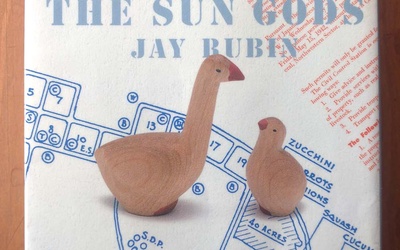
10th "Light of Everyday Life"
July 14, 2017 • Ryusuke Kawai
Jay Rubin, a Japanese literature scholar and English translator who is also known for his English translations of Haruki Murakami, a writer with a worldwide readership, has written a novel called "Hi no Hikari," which has also been much talked about. The story takes place in Japan and the United States during the Pacific War. The original title is "The Sun Gods," and according to the translator's afterword, it was published in 2015 by a small Seattle publisher, Chin Music …
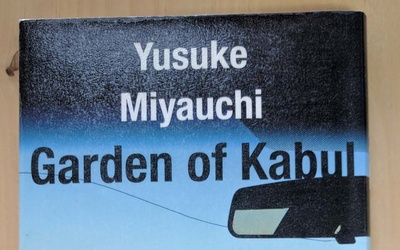
9th "Garden of Kabul"
June 23, 2017 • Ryusuke Kawai
As we get older, we all start to look back on our past. We wonder where we came from and why we became who we are today. We start to wonder about the past of our parents and grandparents. The protagonist of "The Garden of Kabul" is a third-generation Japanese-American woman, Rei, who lives in California. She was bullied and discriminated against as a child, and is traumatized by it. She is troubled by her relationship with her mother, but …
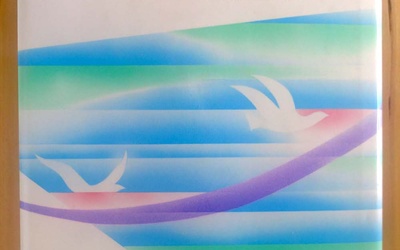
No.8 "Yokohama Town, California"
June 9, 2017 • Ryusuke Kawai
Toshio Mori, who is said to be the first Japanese-American writer, published a collection of short stories titled "Yokohama, California" (The Caxton Printers, Ltd., Caldwell, Idaho) in 1949. 29 years later, in 1978, it was published in Japan by the Mainichi Shimbun Company under the title "California, Yokohama Town" translated by Yoshinosuke Ohashi. The setting is the Japanese community on the West Coast of the United States before the war, but the story vividly depicts the unchanging essence of humanity, …
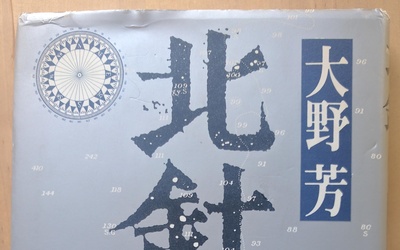
The 7th "North Needle"
May 26, 2017 • Ryusuke Kawai
In the past, some people who traveled from Japan to the United States did so without going through proper travel procedures. This is known as stowaway status. Immigration to America, which began during the Meiji period, was restricted in 1908 when Japan refrained from issuing passports as anti-Japanese sentiment grew, especially on the West Coast, and a new Immigration Act in 1924 completely banned immigration to America. But still, there was no end to the people who wanted to go …
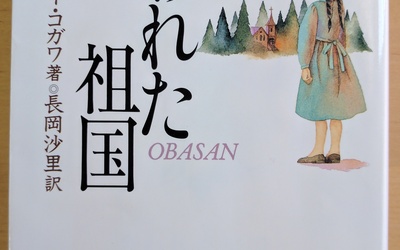
6th "Lost Homeland"
May 12, 2017 • Ryusuke Kawai
It has been reported that the exclusionary immigration policies of President Trump have led to a sharp increase in immigrants and minorities in the United States who wish to emigrate to neighboring Canada. They say that they prefer Canada, which is more tolerant of immigrants than the United States. However, after the start of the Pacific War, Canada implemented a strict segregation policy against Japanese people similar to that of the United States, or even more so. Japanese people living …
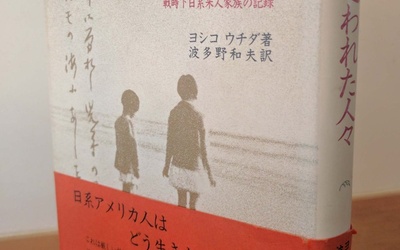
Part 5: "People Driven to the Wilderness: Records of a Japanese-American Family During Wartime"
April 28, 2017 • Ryusuke Kawai
Yoshiko Uchida, a second-generation Japanese-American woman writer, was born in Alameda, California in 1921 (Taisho 10) and grew up in Berkeley. She has written many children's books and has a deep knowledge of Japanese folk art, and in her non-fiction book, Uchida writes about her and her family's experiences in internment camps during the war, titled "People Driven to the Wilderness: Records of a Japanese-American Family in Wartime" (1985, translated by Hatano Kazuo, Iwanami Shoten). The original title is DESERT …
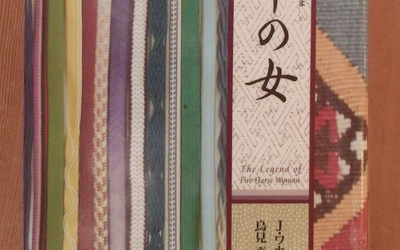
The 4th episode: "The Woman of Heihori"
April 14, 2017 • Ryusuke Kawai
Whether it was America or South America, the main characters of modern Japanese overseas immigration were men. They flew overseas of their own volition in search of money and a better life. Some were married, but their wives followed their husbands. In other cases, the husband emigrated alone first, and then brought his wife and family over later. The single men eventually married wives, hoping to find a partner among fellow immigrants, but many either returned to their home countries …
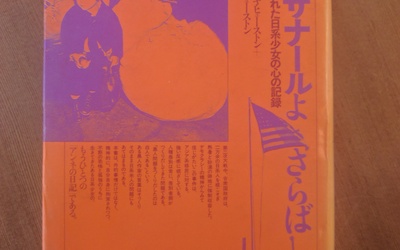
3rd "Farewell to Manzanar"
March 24, 2017 • Ryusuke Kawai
Manzanar was one of 10 internment camps built across the United States to segregate Japanese Americans after the outbreak of war between Japan and the United States. It was located in a desolate area in eastern California, with the Sierra Nevada Mountains to the west. "Farewell to Manzanar: A Heartfelt Record of a Japanese-American Girl Interned" is a non-fiction account of life during and after the war as a Japanese-American, told through the eyes of a girl who spent three …
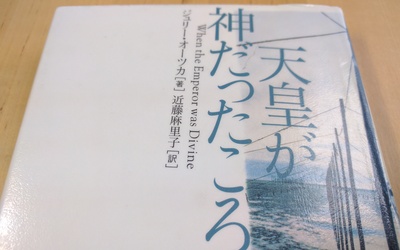
Part 2: When the Emperor Was a God
March 10, 2017 • Ryusuke Kawai
I read in the news that a meeting was held recently at the Japanese American Association in New York to hear stories from survivors of the internment of Japanese Americans after the outbreak of the war between Japan and the United States, and the venue was packed with people, some of whom were standing, indicating the high level of interest. This may also be a reflection of the exclusionary immigration policies of the new Trump administration. "When the Emperor Was …


